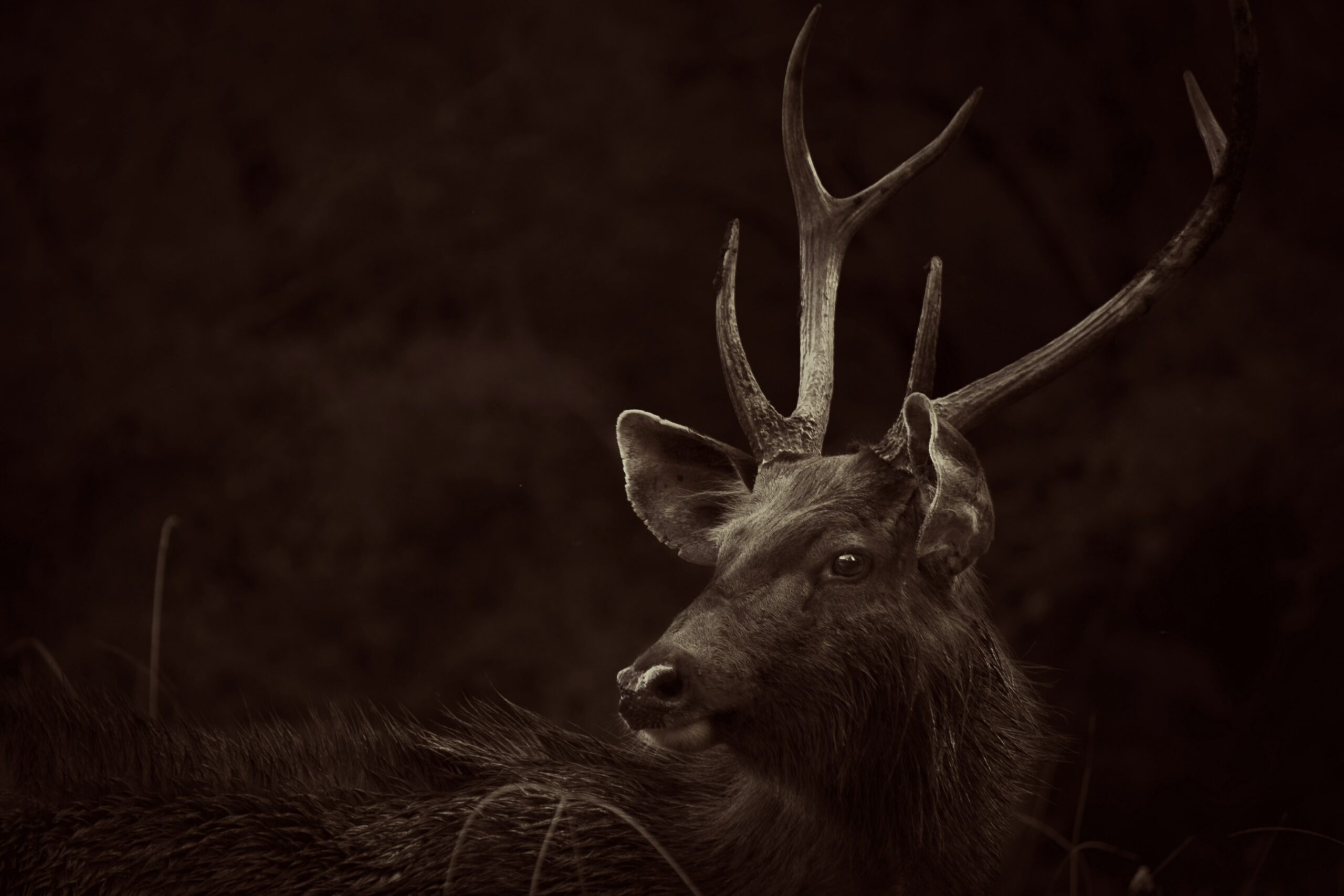
Spirit animals are all around us – it’s just up to us whether or not we believe in their power, or whether we even notice them at all. In many Indigenous cultures, spirit animals, sometimes known as spirit guides, often refer to a spirit that helps protect or guide a person throughout life’s journey; the person and spirit animal commonly share or embody similar characteristics or qualities. In this blog, we’ll discuss the origins and modern usage of spirit animals, techniques for discovering them, along with a few common spirit animals and their symbolism.
It’s well documented that throughout history, the Indigenous people that inhabited North America identified deeply with all aspects of nature. In fact, numerous Indigenous individuals were named after animals; two famous examples are Chief Sitting Bull and Crazy Horse.
The American Indigenous people also believed in spirit animals, which were animals they shared a connection with that guided them. It was commonly thought that a person would have nine spirit animals, each serving its own purpose depending on the situation and time during that person’s life.1
Pinny Lavalier, a Sicangu Lakota volunteer at Native Languages of the Americas, says this connection with animals isn’t limited to American Indigenous beliefs. “Animals were likely important in the religions of numerous traditional societies throughout time. Many modern uses of the term often relate spirit animals solely to American Indigenous culture, which isn’t true.”2
In modern times, the term “spirit animal” is commonly used to express a person’s favorite kind of animal or childhood idol. For example, one might take a sloth’s characteristics – slow, sleepy – and say, “Oh, he’s my spirit animal.” However, many find that the term “spirit animal” often stereotypes Indigenous people or appropriates real religious beliefs.3
While the concept is generally the same, most tribes don’t refer to them as spirit animals, but rather as guides, messengers, or even gods, considering that Indigenous gods are personified animals. Using the term “spirit animal” can be seen as an overgeneralization of deeply personal traditions, leading to many calling them Patronus, like in Harry Potter, or kindred spirits.
“Animals have sustained our people for thousands of years, through food and medicine and clothing,” says Renee Gokey, teacher’s services coordinator at the Smithsonian Institution’s National Museum of the American Indian in Washington, D.C. “Essentially, to understand the culture and significance behind spirit animals is to not appropriate but to celebrate.”4
It’s believed that spirit animals often hold particular qualities that could help you navigate life with a bit more ease, confidence, and faith. Not sure which spirit animal best represents you or what messages it’s trying to send you? Here are some techniques to help you discover your spirit animal:
Using meditation to find your spirit animal often involves attaining an altered state of consciousness by using deep imagery or visualization with the specific intention of meeting your spirit animal guide(s). These methods can be guided (spoken, drumming) or non-guided (silence, nature sounds)
You can find a guided meditation to help you discover your spirit animal here.
Try to consider one animal that has a special significance to you. Ask yourself this question: If this animal were my spirit guide, what lessons could it be trying to teach me about my personal power and inner strength? Spend a few minutes journaling on the answer. You can complete this exercise for as many different animals as you wish. Then, come back to your journal after a few days and see which animals and lessons resonate the most with you.
Need tips on journaling? Check out this blog on why and how journaling can improve your life.
There are thousands upon thousands of spirit animals, each with their own significance and symbolism, which can make it difficult to distinguish which are yours. Here is a brief introduction to the qualities of some common spirit animals:
Interested in learning more about spirit animals? Here’s a list of 102 spirit animals and their symbolism.
Spirit animals are guides that can help you on your life’s journey; they’re here to keep you on track, to show you that you’re loved, and to remind you to play, create, connect, and nurture. As you go about your day, try to be aware of your surroundings and the animals that may cross your path. You may be surprised how synchronistic these encounters can be, but knowing what these spirit animals symbolize, along with the cultures they originate from, can provide you with meaningful insight and understanding into your life’s past, present, and future happenings.
What’s your spirit animal? If you’re not sure, take this spirit animal quiz to find out. Let us know your results in the comments!
https://www.legendsofamerica.com/na-totems/ [1]
https://www.discovermagazine.com/planet-earth/please-stop-using-the-term-spirit-animal [2][3][4]
https://www.spiritanimal.info/ [5][6][7][8][9][10][11][12]

Disclaimer: Statements on this website have not been evaluated by the FDA. These products are not intended to diagnose, mitigate, treat, cure, or prevent any disease, nor are the products intended to affect the structure or any function of the body of man/woman or other animals. CANNABIDIOL USE WHILE PREGNANT OR BREASTFEEDING MAY BE HARMFUL. KEEP OUT OF REACH OF CHILDREN. Humanist Beauty Herban Wisdom products include hemp extract that contain less than 0.3% THC. Products containing CBD or THC are not to be used by or sold to persons under the age of 21.
We don’t retouch the skin of the model humans shown on this website. Keepin’ it real.